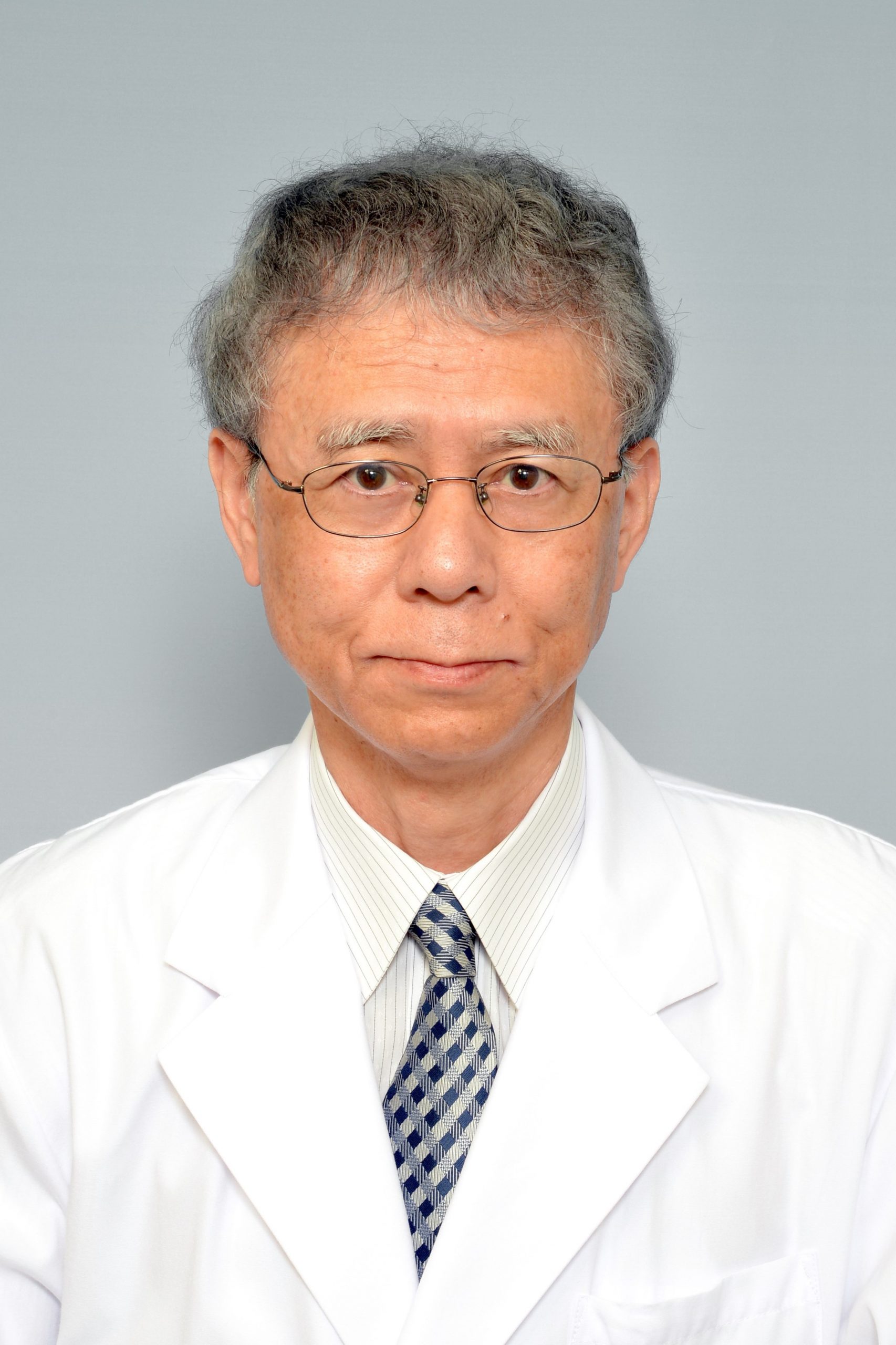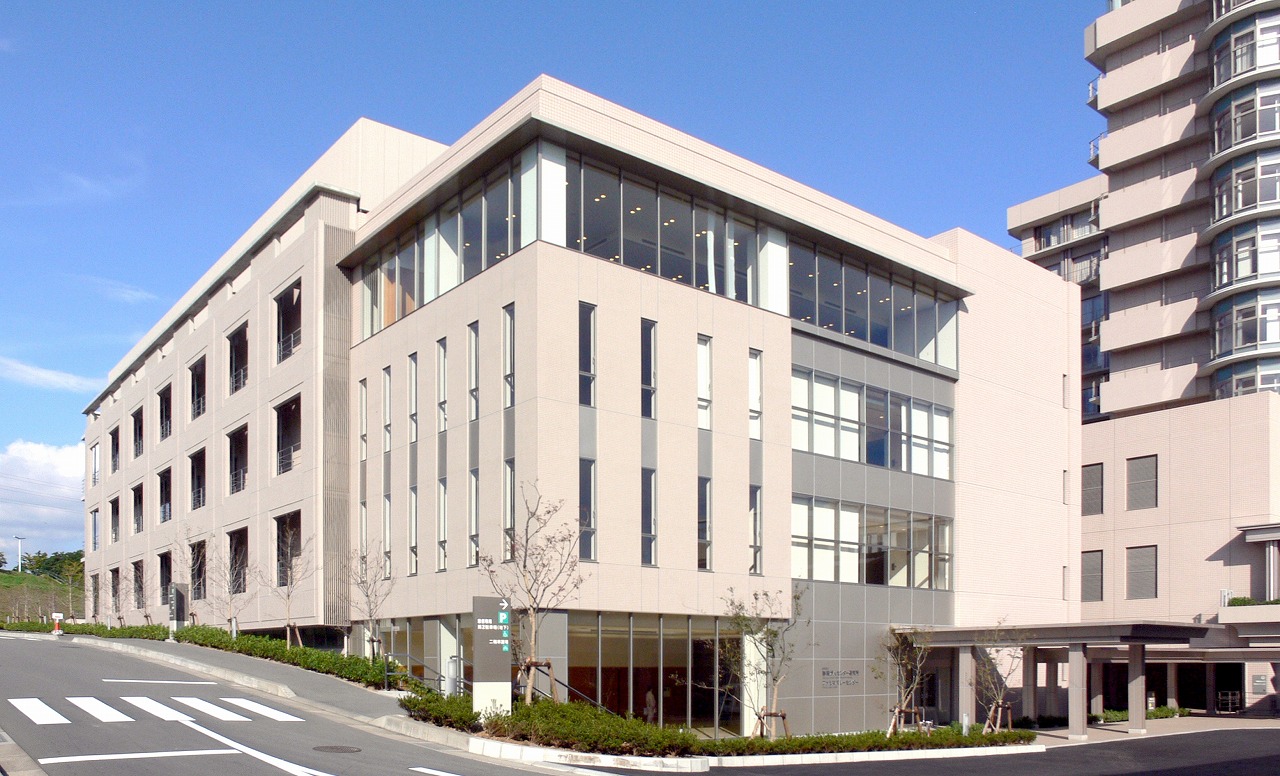
Yasuto Akiyama, M.D.
Director, Shizuoka Cancer Center Research Institute
Cancer incidence is now increasing rapidly and it is not too much to say that Japan is now amid a “Cancer Era”. Cancer strikes one out of every two males and one out of every three females and it had claimed the lives of over 385,000 every year in Japan.
In 2002, Shizuoka Prefecture opened a new cancer center that provides top-ranked cancer treatment with cutting-edge medical technology and thorough support for patients. The Shizuoka Cancer Center is made up of four departments: the Hospital, the Research Institute, the Disease Management Center that are responsible for cancer control in Shizuoka Prefecture and the Secretariat. In addition, the Management Center ensures the smooth management of each of these operations.
 |
| Shizuoka Cancer Center Research Institute |
The Shizuoka Cancer Center Research Institute, in collaboration with Pharma Valley Center, is expected to achieve three missions: 1) the development of new medical technologies in the fields of medicine, nursing and medical engineering, 2) the development of new tools to support patients and their families, 3) the promotion of the Mount Fuji Pharma Valley Project. These efforts are for aiming to form healthcare clusters in the Eastern part of the prefecture through close joint research with industries and universities. The Pharma Valley Center also sets up in the Research Institute to play an important role for the project.
The Research Institute is composed of 8 divisions, experimental animal facility, medical library and secretariat. All staff members of the Research Institute actively engage in R&D. Moreover, the abilities and experiences of the Center’s hundreds of healthcare professionals in the Hospital and the Disease Management Center are an important intellectual asset. Patients’ comments and requests are actively incorporated and ethical standards are strictly maintained.
The researchers conduct three types of research: 1) translational research that brings the research results up to the stage of actual clinical use, 2) niche research reflecting the voice of the medical professionals and patients on the developed products, 3) the medical-industry joint development of next generation medical equipment and new products.
In the fields of translational research, studies on tumor markers and biomarkers, drug discovery and immunotherapy are conducted with technologies of multiomics in the divisions of Medical Genetics, Cancer Diagnostics Research, Drug Discovery and Development and Immunotherapy.
 |
| CE-TOFMS-based metabolome analysis |
As a niche research, the institute carries out research aimed at cancer cures, as well as research on tools and skills that ease the pain and anxiety of patients and families. Recently, the Regional Resources Research Division conducts research into the senses of smell and taste utilizing genomics, proteomics and metabolomics. Through this initiative, the division is conducting research in the area of byoshu, or the smell produced by illnesses such as certain types of cancer.
In the medical-industry joint development of new products, oral care goods for cancer patients are developed in collaboration with oral healthcare industry. The research to develop imaging robotics, a new proton-beam machine, a diagnostic tool for skin cancer is also conducting.
 |
 |
| Oral care goods for cancer patients | Proton accelerator for proton-beam therapy |
In the Research Institute, following three policies are emphasized.
The first policy is to collaborate with the Hospital and the Disease Management Center to practice “Research to pursue patient-oriented medical care”. The focal points for patient care are the Cancer Survivorship Research Division and the Nursing Care Research Division. These divisions are unique features which are not found in any other cancer research institute in Japan.
The second policy is to carry out “Project-oriented research.” Exhaustive discussions are conducted before selecting a research theme that medical staffs and patients find useful. The research is implemented with the collaboration of the Center staff and researchers from affiliated universities and industries. The outcomes of the research thus obtained are examined and verified at the Hospital. To promote collaborative research of medicine, nursing and engineering, the joint laboratories have been set up in the Research Institute for use by industry, academia and government.
The third policy is “Equal partnership” between researchers belonging to industry, academia or government. To make this possible, visiting researchers are encouraged to learn a lot about clinical practice in the Hospital.
Newly-developed technologies and tools useful for medicine and nursing will spread to medical institutions in Shizuoka Prefecture as well as the rest of Japan and the world, and will contribute to improved medical care for patients. It is also expected that, with advancements in the Mount Fuji Pharma Valley Project, ‘bed-side’ clusters for fostering experts, manufacturing innovative products and building comfortable and prosperous towns will become a reality, and that health and medical industries in Shizuoka will be further invigorated.